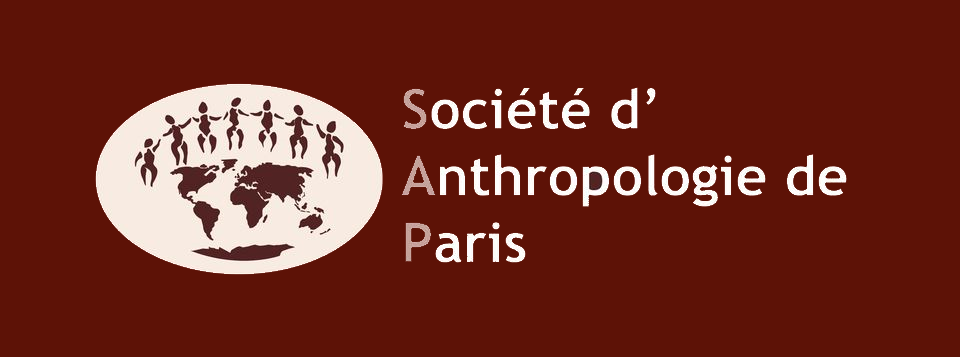The Société d’Anthropologie de Paris was founded on 19 May 1859 by Paul Broca and nineteen other prominent scientists. Its influence quickly grew, as did the number of its members; it was recognised as serving the public interest on 21 July 1864.
The founder of the SAP, Paul Broca (1824-1880), remained its secretary general until his death. Broca is one of the fathers of anthropology in the "modern" sense: in his own words, a discipline concerned with "the study of the human group as a whole, in its details and in its relationships with the rest of nature". A professor of medicine, surgeon and pathologist, he identified (in the area that now bears his name) the location of language in the brain. His concern with quantification led him to invent numerous instruments and anthropometric indices: he developed a comparative anatomy of primates and was the first to study Cro-Magnon (discovered in 1868). He sometimes reflected the prejudices of his time (he believed in the hierarchy of "races") but he was also a man of commitment, an ardent evolutionist with links to the freethinkers, an anti-slavery activist and a senator of the Republican Left.
Our anthropological society is the oldest in the world to bear this name, which signifies that human beings are its central concern. Initially, the SAP covered disciplines that have since acquired their own autonomy (prehistory, ethnography, forensic medicine, demography, sociology, etc.). It now deals only with biological anthropology but has kept its key position at the point where the other sciences intersect. Its specificity lies in bringing the biological dimension of humans to the heart of its approach, which is interdisciplinary above all. Over the course of its existence, the SAP has proved its vitality through its ability to bring in new approaches (molecular biology, genetics and palaeogenetics, three-dimensional imaging, funerary archaeology, auxology, nutrition, etc.).



